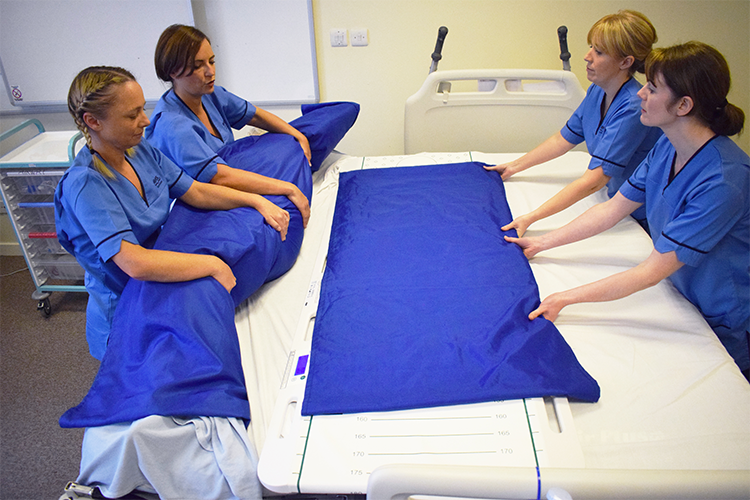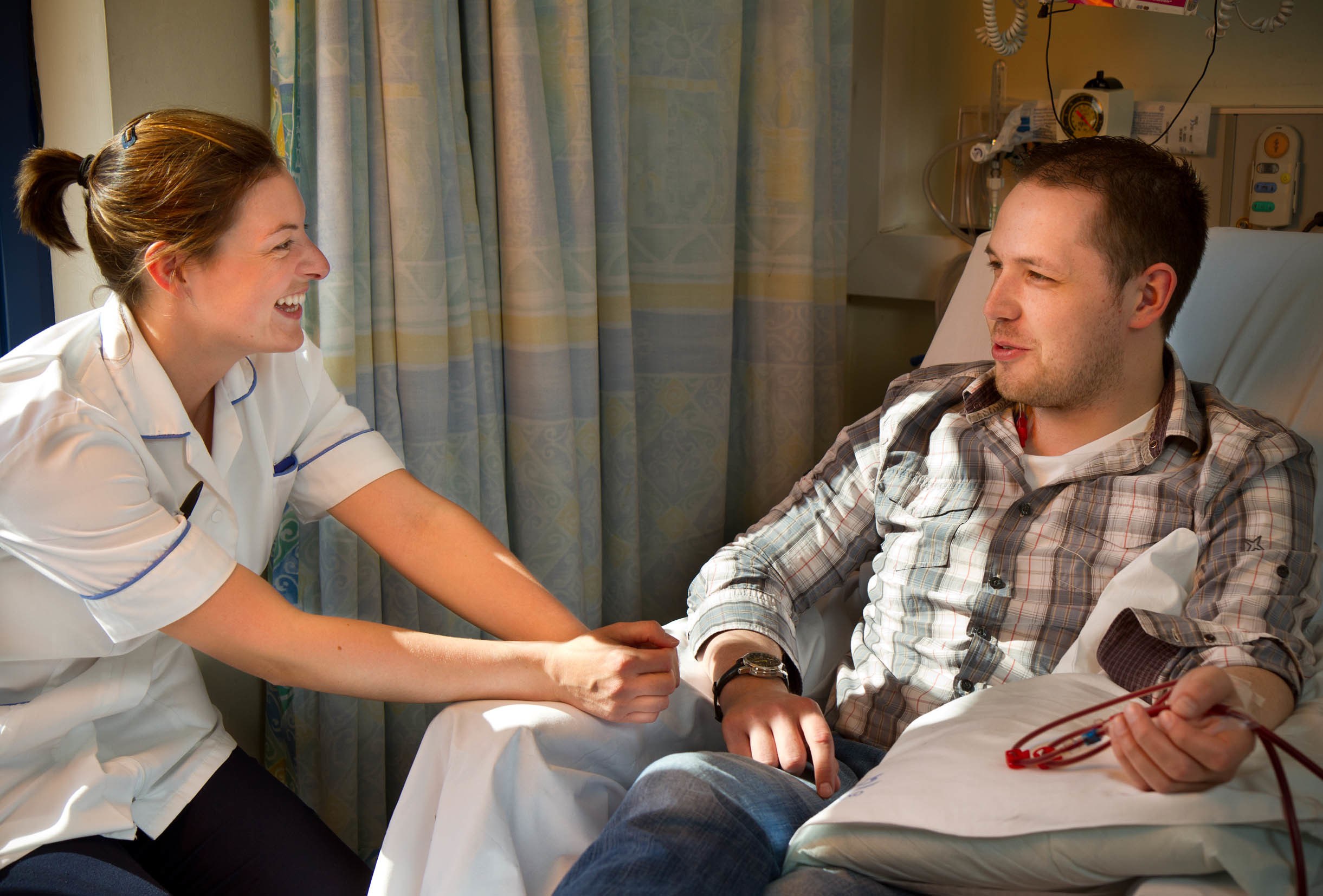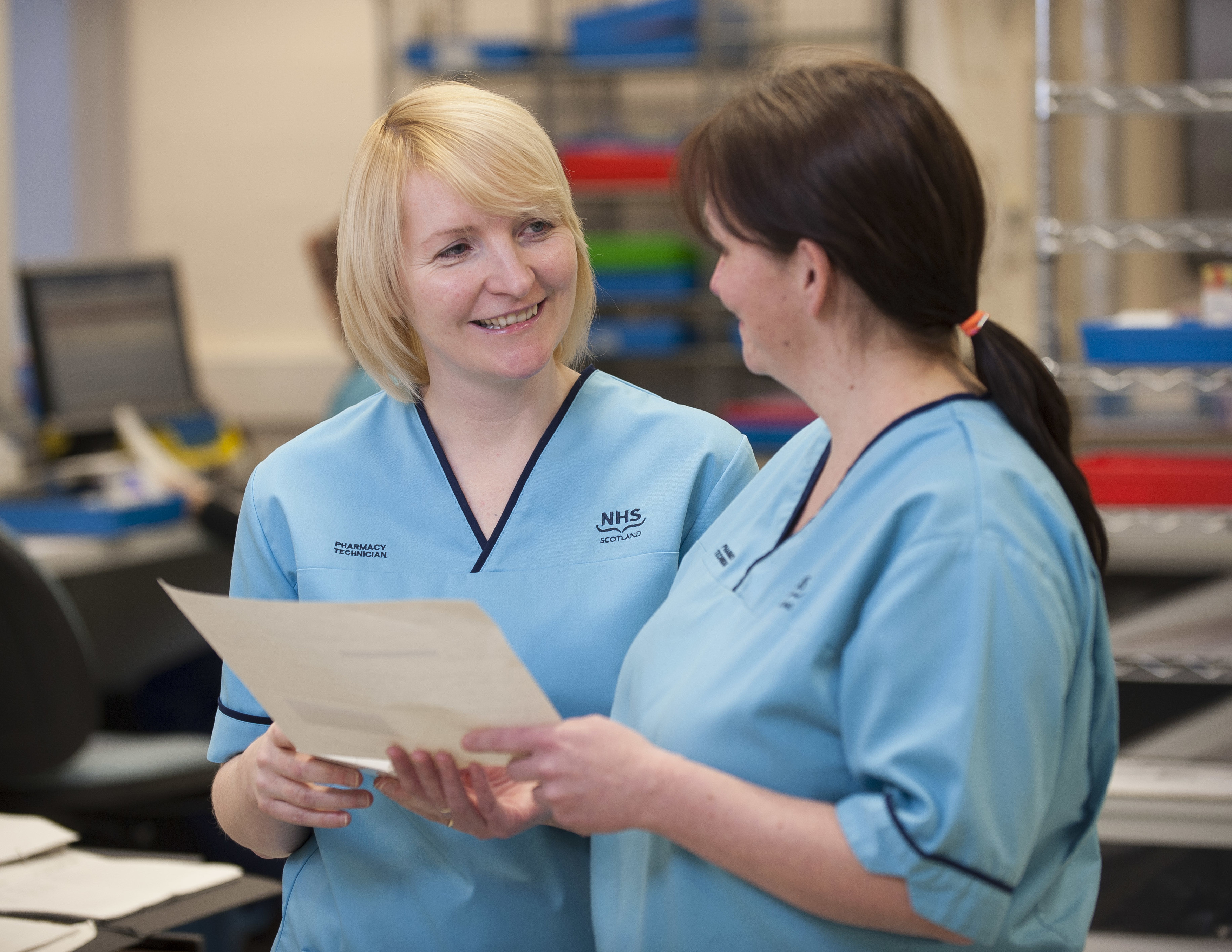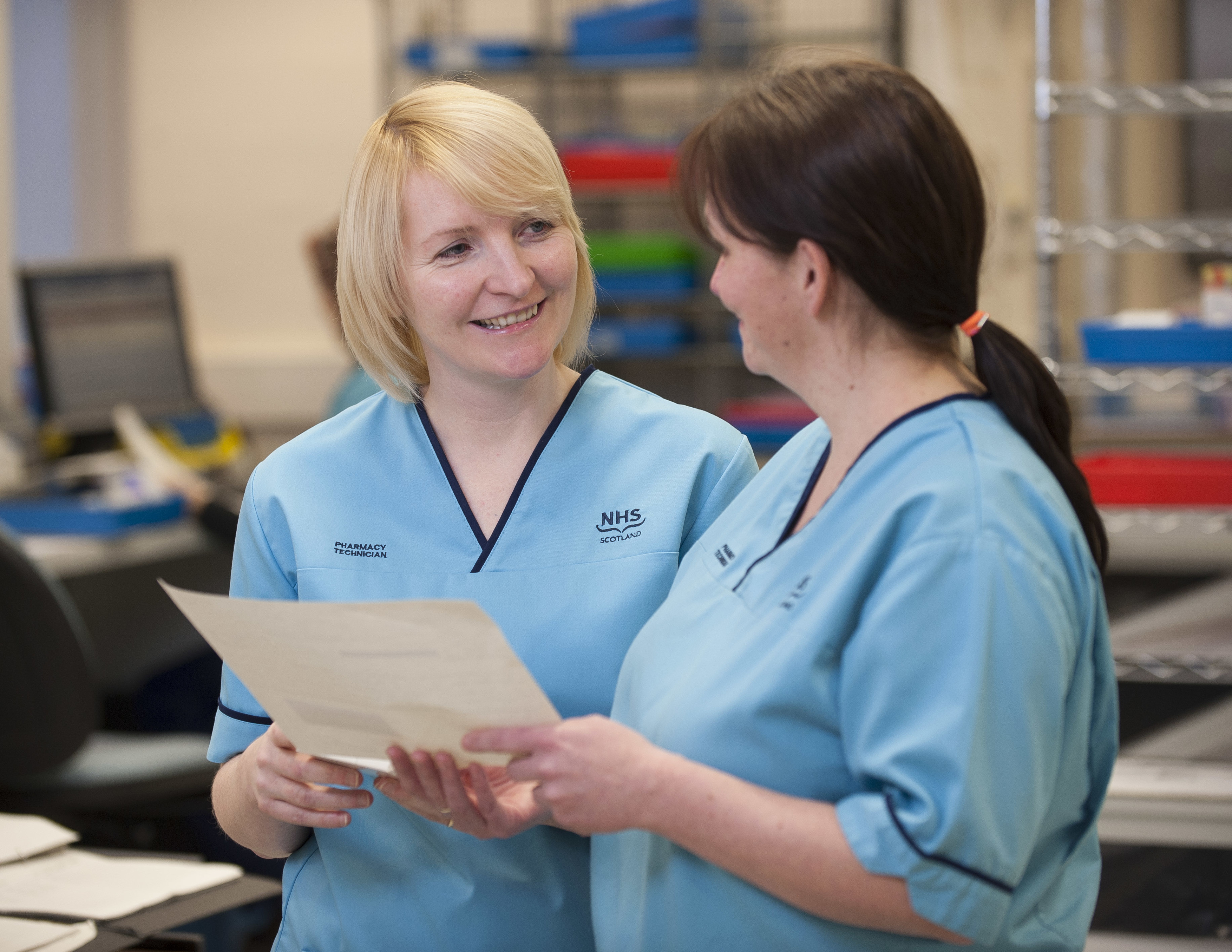Revolutionary approach to weighing patients
Obtaining accurate patient weight
It is considered best practice among Intensive Care Unit (ICU) staff for patients admitted to hospital to have their weight measured accurately, particularly if the patient’s condition is serious, but issues including incapacitation, trauma, and immobility have sometimes prevented that, requiring estimates to be made instead. This can be problematic given that body weight estimates of critically ill patients have implications for drug and respiratory therapy. Obtaining an accurate patient weight is critical for medication dosage, supporting National Institute for Health and Care Excellence (NICE) guidelines which state that patients admitted to hospital should have their weight measured on admission and then weekly weight.
Former NHS Lanarkshire Emergency Department nurse Gillian Taylor believes that many of the more traditional approaches to weighing ICU patients such as a hoist scale or bed scale are time-consuming, difficult to negotiate, and unwieldy.

Patient Transfer Scale
Deciding there had to be an easier way after becoming frustrated by not being able to weigh patients who were either immobile or too sick to stand, this was her inspiration for coming up with a revolutionary solution, the Patient Transfer Scale (PTS), helping to prevent delays and discomfort.
Gillian realised that if a patient was weighed as they were transferred to a bed, using a transfer board, they could be weighed quickly without unnecessary, problematic delay.
Developed in close collaboration with InnoScot Health, NHS Lanarkshire, and leading manufacturer of medical weighing scales Marsden, the scale combines a standard patient transfer board with a class III approved weighing scale, enabling medication and treatment to be administered quickly and with confidence for dangerous conditions like stroke and sepsis while preserving patient dignity.

Support and Collaboration
InnoScot Health worked closely with Gillian to evaluate the initial product, protect its intellectual property, secure funding, develop the prototype, and test in more than 30 hospitals, with multi-disciplinary teams using the product and providing feedback. This provided guidance for the final design and ultimately allowed the PTS to be brought to market.
InnoScot Health believes that the PTS is an exemplar of frontline health professionals identifying new, more efficient ways of improving patient care. By accelerating the speed at which time critical medications can be administered, it offers significant benefit in the treatment of time-critical conditions which a standing weight measurement cannot achieve.
Through close collaboration, the PTS was developed from an idea into a viable, commercial product. It is now in use in hospital settings around the world and won the Queen’s Award for Enterprise in Innovation – the highest official accolade that a UK business can achieve – in 2021.
We are grateful for the support we received from the Chief Scientist Office, InnoScot Health, and Marsden. Hopefully this will inspire other NHS staff to identify opportunities and make them aware that support is available to make them a reality.
Raymond Hamill, Senior Research & Development Manager, NHS Lanarkshire
Related news
Chat



